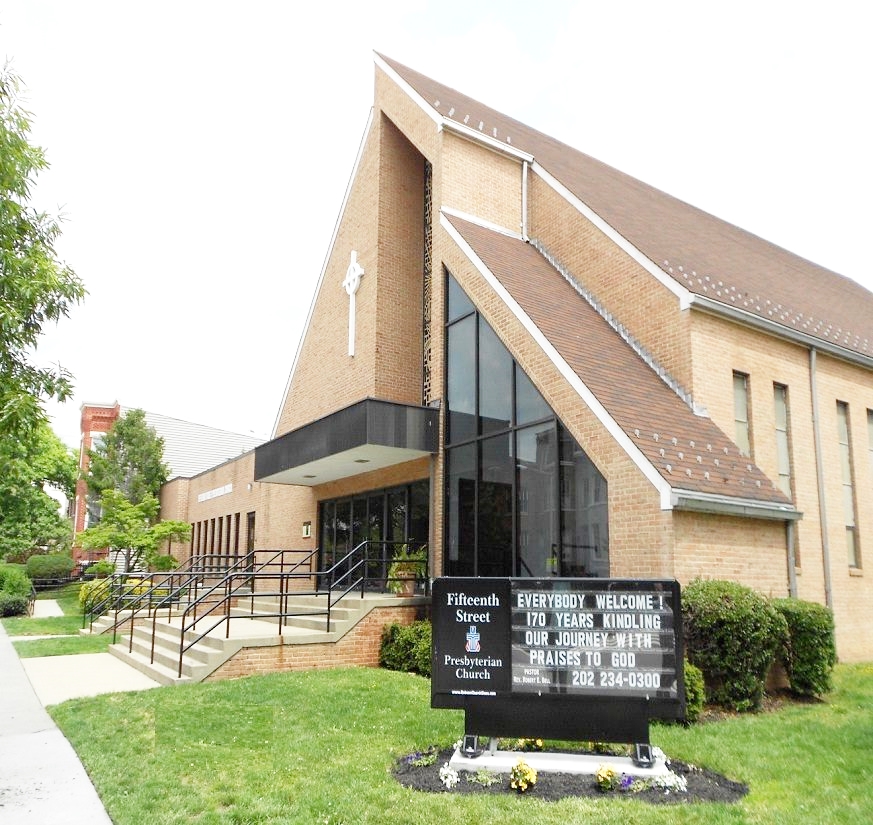| August 17, 2017 |
Walden Pond and Civil Disobedience |
|
I was in the Boston area last month when the 200th birthday of American author Henry David Thoreau was celebrated. Thoreau, of course, is most famous for his book "On Walden Pond", a journal of his two years living on its banks in the New England woods. He was also a leader in the Transcendentalist movement along with fellow writers Ralph Waldo Emerson and Walt Whitman.
Sometimes when I think millennial generation today and hear the phrase "I'm spiritual but not religious" it reminds me a little of the 19th century Transcendentalists . Not that the two are exactly aligned but there seems to be a similar "sensibility" disdaining doctrine and institution in favor of individualism and intuition. There is a free co-mingling of eastern religious thought, science, and a keen sense that there is (what William James called) a great "More" to life and reality if we awaken ourselves to it. Thoreau, with is great love of nature, is also often seen as laying the groundwork and inspiring the modern environmental movement.
Thoreau's convictions did not lead him away from the challenges and pressures of everyday living, where self-hood and contemplation became goals in and of themselves; but inspired even greater ethical responsibility and demands upon his life. His beliefs and insights gave him a different and truer perspective on culture and society.
Prior to the civil war, when most of his day, even including the abolitionist newspaper, The Liberator, were condemning John Brown as foolish, an extremist and villain; Thoreau mounted a inspiring defense of his actions as the only true course, brave and honorable. He likened the US government to Pontus Pilate in Brown's conviction and execution. Thoreau was a fierce abolitionist, condemning his fellow Bostonians for criticizing the south while still reaping the financial and agricultural benefits of slavery in the north. His major work on Civil Disobedience inspired Gandhi and Dr King.
Maybe young people are looking to the church to have the courage to be "out front" like Thoreau was when it comes to justice, equality, inclusiveness, the welfare of all. To see in our faith, our prayers, our praise, the glory of God in everyday life. To be willing to step outside our comfort zones, tradition, and societal norms of the day. To be true to the deepest instincts of our hearts and what is surely revealed in the heavens and the good earth around us. Sometimes we forget how much Jesus was like this.
Bob Bell
|
